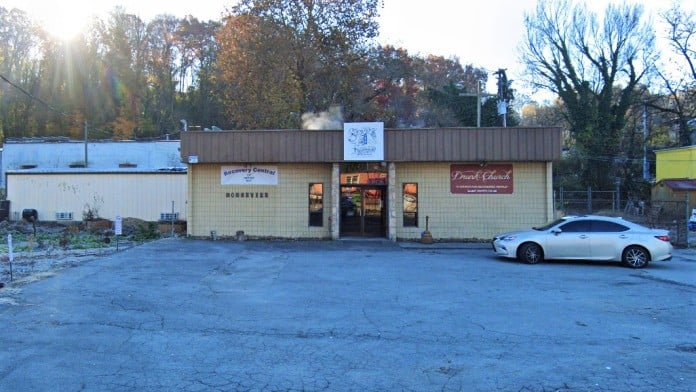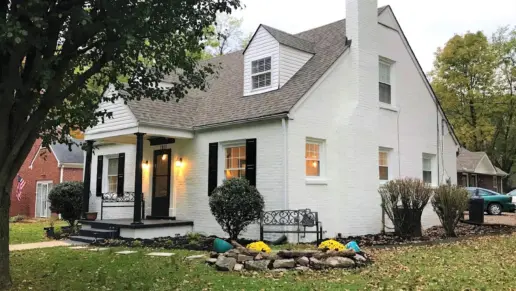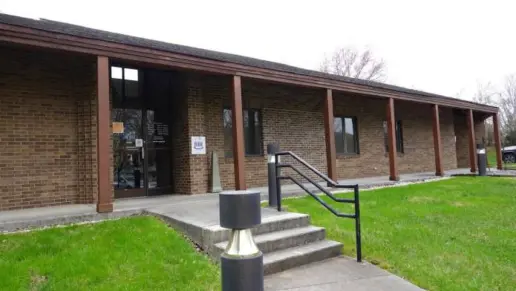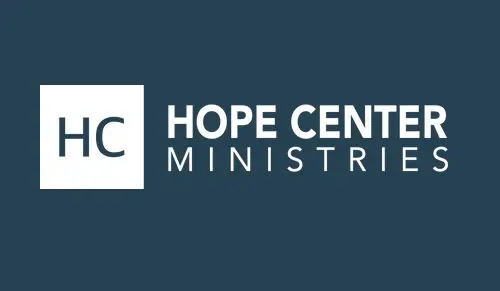Believe me, because of the experience I lived in this place, they don't want to come to Steps House Rehabilitation Services. Most of the employees don't have education or training to be counselors, they all smoke cigarettes and do it in any area. If you really want to be sob ...
About Steps House
Step House Rehabilitation Services is a men’s transitional living facility in Knoxville, Tennessee. This facility provides hope to those transitioning back into life after substance use, incarceration and homelessness. They provide a safe, drug free therapeutic environment that prepares men for reintegration into society and lasting recovery. Emphasis is placed on community engagement, independence and responsibility/accountability. Residents benefit from 24/7 staff support. Through group activities you’ll develop valuable life skills and relapse prevention strategies. The staff also assists with employment, housing navigation and transportation.
Three housing programs are available. This includes residential recovery programs, veteran programs and permanent supportive living programs. The latter provides affordable permanent residences for previously incarcerated individuals affected by mental illness or substance use disorder. Meanwhile, the veterans program offers short term, supportive housing to homeless veterans or those at risk of homelessness. The residential recovery program is the main transitional housing program for men in recovery. This highly structured housing program focuses on behavior modification.
To participate in this program you must commit to sober living and be willing to obtain or maintain employment. You must also commit to attending the Steps House Day program for the first 5 days as well as daily 12 Step meetings. The program lasts nine to 12 months depending on your unique needs.
If you want to achieve the highest level of independence, then consider the permanent supportive living program. This grants you a private room in a group house with shared bathrooms, a kitchen and laundry among others. Keep in mind that you must be homeless, previously incarcerated and affected by mental health issues or addiction to participate in this program. Comments from past clients reflect an overwhelmingly positive experience and impressive quality of care.
Rehab Score
Gallery

Location
Other Forms of Payment
Self-pay involves paying for treatment out of your own pocket. You can use savings or credit, get a personal loan, or receive help from family and friends to fund your treatment. If you don't have insurance or your insurance plan doesn't cover a specific program, self-pay can help ensure you still get the care you need.
Addiction Treatments
Levels of Care
Treatments
The goal of treatment for alcoholism is abstinence. Those with poor social support, poor motivation, or psychiatric disorders tend to relapse within a few years of treatment. For these people, success is measured by longer periods of abstinence, reduced use of alcohol, better health, and improved social functioning. Recovery and Maintenance are usually based on 12 step programs and AA meetings.
When your day-to-day life is taken over by drug use, this is known as substance use disorder. If you abruptly stop using your drug of choice, you experience withdrawal symptoms. To overcome this cycle, professional drug rehab in Tennessee is usually needed.
A combined mental health and substance abuse rehab has the staff and resources available to handle individuals with both mental health and substance abuse issues. It can be challenging to determine where a specific symptom stems from (a mental health issue or an issue related to substance abuse), so mental health and substance abuse professionals are helpful in detangling symptoms and keeping treatment on track.
Opioid rehabs specialize in supporting those recovering from opioid addiction. They treat those suffering from addiction to illegal opioids like heroin, as well as prescription drugs like oxycodone. These centers typically combine both physical as well as mental and emotional support to help stop addiction. Physical support often includes medical detox and subsequent medical support (including medication), and mental support includes in-depth therapy to address the underlying causes of addiction.
Programs

Clinical Services
Research clearly demonstrates that recovery is far more successful and sustainable when loved ones like family members participate in rehab and substance abuse treatment. Genetic factors may be at play when it comes to drug and alcohol addiction, as well as mental health issues. Family dynamics often play a critical role in addiction triggers, and if properly educated, family members can be a strong source of support when it comes to rehabilitation.
Group therapy is any therapeutic work that happens in a group (not one-on-one). There are a number of different group therapy modalities, including support groups, experiential therapy, psycho-education, and more. Group therapy involves treatment as well as processing interaction between group members.
In individual therapy, a patient meets one-on-one with a trained psychologist or counselor. Therapy is a pivotal part of effective substance abuse treatment, as it often covers root causes of addiction, including challenges faced by the patient in their social, family, and work/school life.
Life skills trainings involve all the skills a person must have in order to function successfully in the world. These include time management, career guidance, money management, and effective communication. Truly successful addiction recovery is based on the ability to not only live substance-free, but to thrive. Life skills teaches the practical necessities of functioning in society, which sets clients up for success in life, and therefore sobriety.
Amenities
-
Private Setting
Contact Information
712 Boggs Ave
Knoxville, TN 37920


